When entering the stock market, many confuse investing vs trading, often using the terms interchangeably. However, these are distinct approaches to building wealth, each with unique goals, strategies, and risks. Understanding the differences between investing and trading is crucial for beginners and experienced individuals alike. In this guide, we'll explore investing vs trading, highlighting long-term investing strategies and short-term trading tactics to help you decide which fits your financial goals.

The Essence of Investing: Long-Term Strategies for Wealth Building
This approach suits goals such as retirement savings or funding education, where time allows for compound growth. It requires patience and confidence in the chosen assets' potential to outperform the market long-term. For those exploring investing vs trading, investing emphasizes stability and financial independence.
At Investling, we empower learners to master long-term investing strategies through our online courses, fostering skills for sustainable financial growth.
The Dynamics of Trading: Short-Term Tactics for Quick Profits
In contrast, trading focuses on capitalizing on short-term market movements for rapid gains. Traders buy and sell assets like stocks frequently, often within days, hours, or minutes, to exploit price fluctuations. This method demands in-depth knowledge of market trends, technical analysis, and a high risk tolerance.
Unlike long-term investing, trading involves constant monitoring and quick decisions. The aim is to "buy low and sell high" short-term, which can yield high returns but also substantial losses if markets turn unfavorable. When comparing investing vs trading, trading appeals to those seeking active involvement and potentially higher short-term rewards.
Investing vs Trading: Which Approach Fits Your Goals?
Deciding between investing vs trading depends on your financial objectives, risk tolerance, and available time. Long-term investing is ideal for stable growth with minimal daily involvement, while short-term trading suits those comfortable with volatility and dedicated to market analysis.
Understanding these differences helps align your strategy with personal goals, whether building a retirement portfolio or exploring dynamic trades. At Investling, our resources guide you in choosing between investing and trading, ensuring informed decisions for your financial path.
Combining Investing and Trading: Advanced Portfolio Strategies
As you gain expertise, blending investing and trading can optimize your portfolio. Maintain a core of long-term holdings for stability while allocating a portion to short-term trades for potential boosts.
At Investling, our specialized online portfolio management courses teach this balance, equipping you with skills to manage both long-term investments and short-term trades effectively for maximum growth.
This is not financial advice, just financial education to help you make informed choices.

